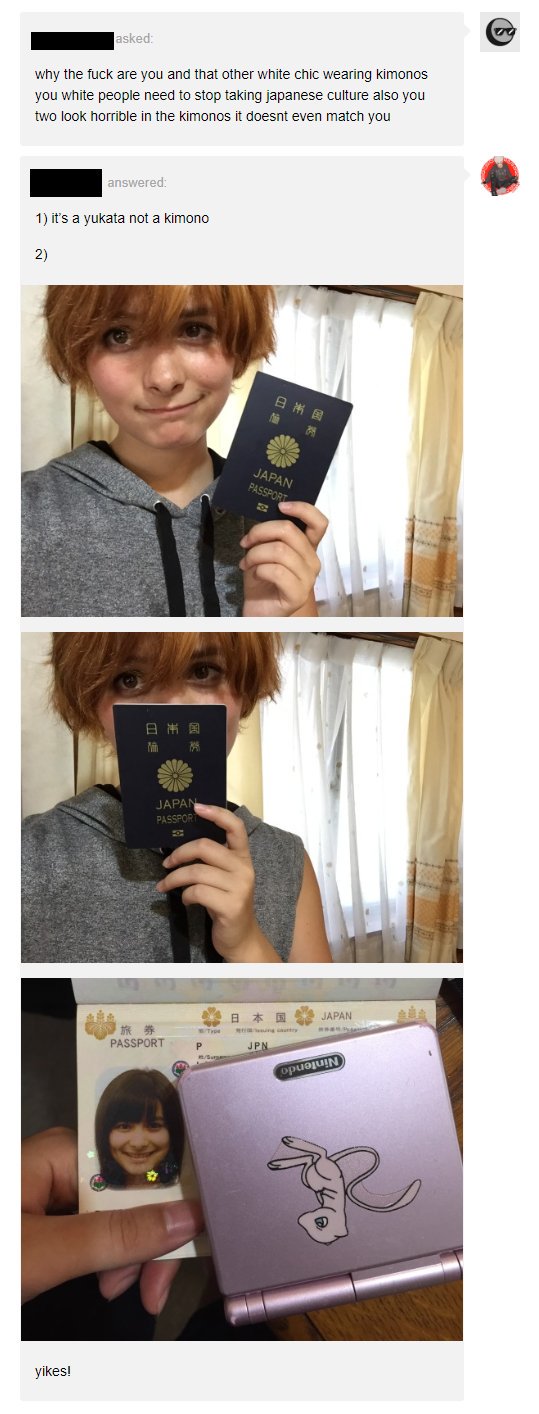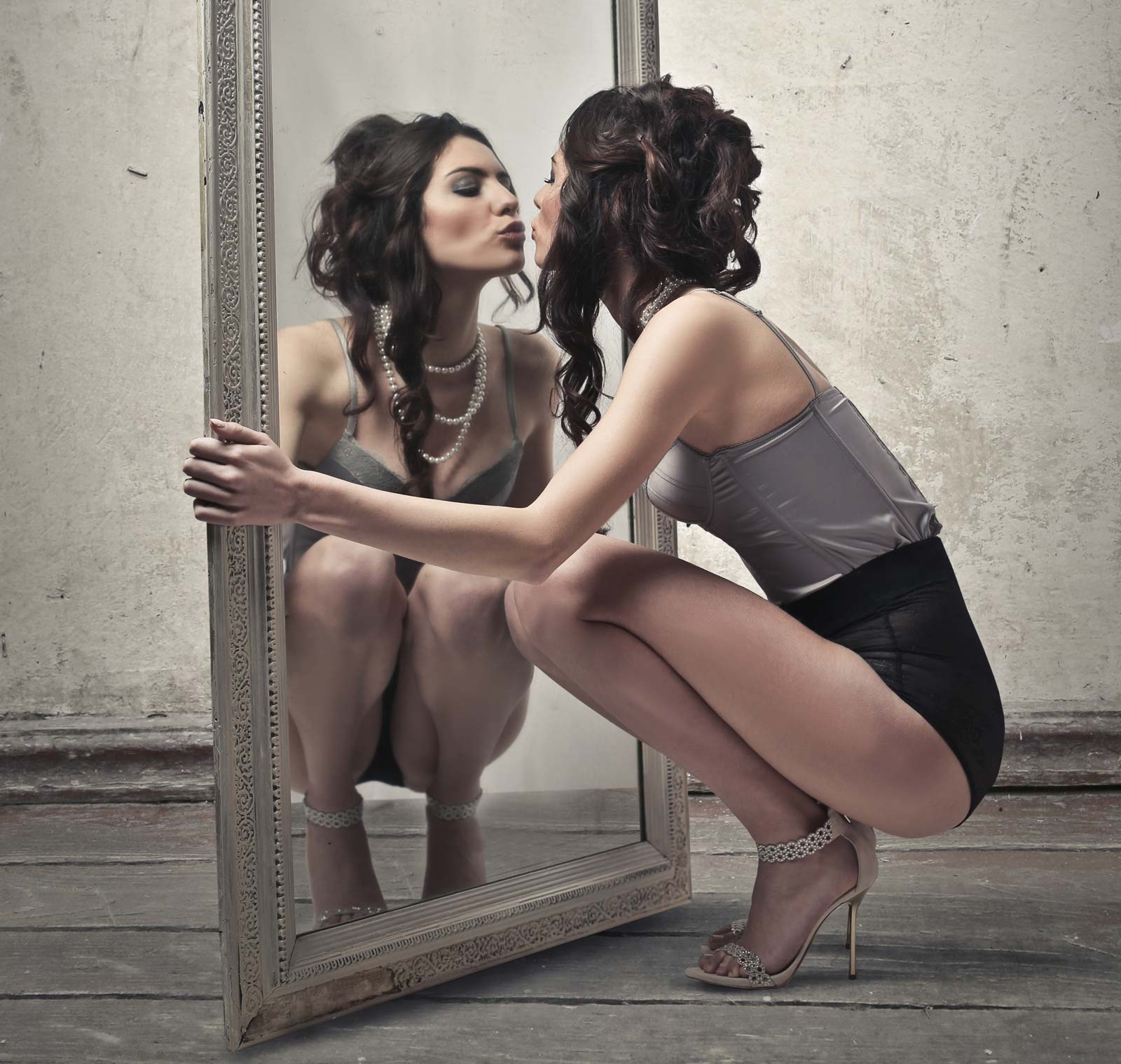This is an essay about cultural appropriation, except that it’s not really an essay about cultural appropriation.
This is actually about the way genuine, complex problems in complex societies get reduced to nattering virtue-signaling nonsense that become used as blunt instruments to ensure conformity and serve as tribalistic us-vs-them markers, in a process of ensuckitude that substitutes sloganeering for genuine thought, bleating of approved bumper-sticker platitudes for engagement, and tribalism for solutions.
Buckle up, Dorothy, ’cause Kansas is going bye-bye.
Let’s look at cultural appropriation
Odds are probably pretty good you’ve heard of cultural appropriation. Odds are also pretty good you have strong feelings about it, and that your strong feelings map closely to whether you self-identify as liberal or conservative, but can you actually offer a cogent description of what it is?
Cultural appropriation is a great proxy for the general dumbification of social justice and the generalized ensuckitude of real social discourse, because, oh my God, the prevailing culture-wars conversation around it is So. Fucking. Dumb.
This is how social justice dumbification in general works:
Step 1: Distort and water down the meaning of “cultural appropriation” until you use it for nothing more than “wearing vaguely ‘ethnic’ clothing” or “styling your hair in an unconventional way.” (To be fair, those who understand cultural appropriation is a real thing sometimes do this step for you.)
Step 2: Ignore and/or disregard actual instances of genuine cultural appropriation.
Step 3: Pretend your diluted, absurdist definition of “cultural appropriation” is the only definition there is; refuse to discuss, or even acknowledge, any other meaning.
Look, I get it. There are folks who make me roll my eyes so hard I can see my own brain stem when they talk about “cultural appropriation.”
Probably the greatest example of an absurd self-own was the Internet goon squad that accused a woman of “cultural appropriation” for wearing Japanese clothing when she was Japanese.

All the cringe. ALLLLLL the cringe.
So yeah, I get it. Stupid gonna stupid, man.
And it ain’t just cultural appropriation. Remember when James Cameron’s movie Avatar 2 came out? Some Native people complained that the movie peddled Native tropes for entertainment without actually recognizing Native history of defending biodiversity.
A lot, and I mean a lot, of white urban liberals jumped onto Twitter (yes, I’m totally deadnaming the name of Elongated Muskrat’s social media platform) to crow about how they were boycotting the movie and dish on people who saw it.

Some folks I know personally, folks I once used to respect and even admire, did this. And you know what was especially pathetic about it? They had no intention of seeing the movie in the first place, oh no. They took to social media to crow about how righteous they were for not watching a movie they never intended to watch, because it made them better people than the ones who did watch it…
…and yet, did they actually materially improve the lives of even one single Native person anywhere? Even one? Even a little bit?
Nope.
See, I might respect someone who went onto social media to say “hey, this movie might be problematic, and here’s why, so I took the $30 I was gonna spend on tickets and popcorn and a gigantic tub of Coke, and I donated it instead to this charity that helps Native populations, and here’s the URL where you can donate too,” but did they?
Nah, bruh, because it was never about the Native people.
It was virtue signaling and bullying. It was “Look at me! Look at me! I’m better than you! Hey, everyone, look at me!” It helped nobody, because it wasn’t intended to. It was about preening and primping, about vanity disguised as social justice.

In love with my own virtue. Image: olly
I didn’t watch Avatar 2, but I didn’t crow about it on social media either, because I never intended to see it in the first place.
Not watching a movie you never intended to watch is not a virtue, and that’s really what this is all about.
But I digress. Let’s get back to cultural appropriation.
“Cultural appropriation” in the academic sense does not mean “woman who kinda looks maybe white on Twitter wearing a yukata that self-righteous white craft-beer liberal dumbfucks think is a kimono.”
Cultural appropriation is when a white businessman sees a Navajo pattern, thinks it’s pretty, and commissions a sweatshop in China to make millions of knockoffs that he gets rich from without, you know, contributing to the people who created it, or even bothering to learn anything about it at all.
And that’s not nonsense. It’s a real thing that happens, just like turning other people’s brutal oppression under colonialism into entertainment whilst you eat overpriced popcorn is a thing that really happens.
But bullying a Japanese woman on social media because she looks “too white” to be wearing the clothes you don’t think she should wear doesn’t actually strike a blow against cultural appropriation, does it?
The difference between social justice and bombastic bullying
Liberals tend to whine about conservatives who mock and deride “social justice warriors,” but if I’m to be perfectly honest, a lot of that is our own fault. We liberals are easy targets, because we have a habit of taking our own values and reducing them to bumper sticker platitudes that we use to bully others without, you know, actually doing anything to solve the problems we claim to care about so much.
I would like to propose a test to help separate genuine concern with social justice from the general enshittification of morality into empty tribalism and bullying. Don’t worry, it’s a simple test, one that can be applied in less time than it takes to drink a single soy-milk latte. Just ask yourself these questions:
- At the end of your social justice venture, can you point to any person whose life or situation is now a bit better for your actions, in any way, however small?
- Was your social justice venture invited by the people you, a rich white person, claim to be speaking on behalf of?
- Is your social media venture targeted at the people who are responsible for the injustice you see, rather than bullying people for not doing what you want them to do?
If you can’t answer “yes” to all three of those questions, maybe you aren’t as virtuous as you like to pretend you are.














